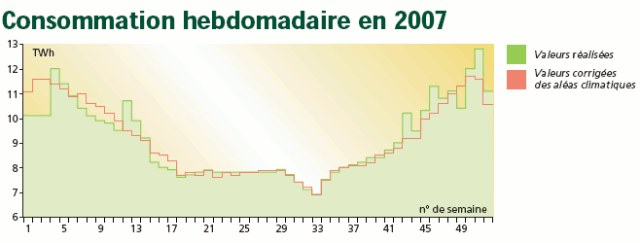to answer your questions, yes of course it is second degree (my answer is the first degree =). but if it is not by deontology that the mines were closed by the state to hide the sad reality of modern comfort, then explain to me your way of explaining things;
no it was not you who asked for a vote I agree, maybe you did not have time to see the answer of "sen-no-sen":
You is right, indeed the nuclear escapes the public debate because the civil nuclear is only the offspring of the nuclear weapons that are indivisible two areas.
It is therefore not surprising that the subject escapes the citizens, even if civilians must pay the piper at great cost billions.
that is why I proposed to him himself to make the vote of which he regrets the presence. you want, you do! simple.
If you don't believe in voting and debate, it will be difficult to debate and vote I agree. However, know that "if you don't take care of politics, politics takes care of you" yes I know but it is so;
if people get involved and stand up against this lobby because their minds make them say "no, it's too stupid", we must not reduce them and react by saying "yes but we don't know anything about it so we prefer to look back TV is on nuclear power ". you just have to look at the abstention rate of the last elections. I am sorry, but apart from the distressing aspect of what we are being offered, I still believe that it is done on purpose. I take for example the "big" political choice of 2002, which will undoubtedly come back earlier than expected with this kind of behavior vis-a-vis its responsibilities, its rights as well as its duties as a voter.
but let's move on;
In fact, the technical explanation of this technology may be disgusting to more than one. I imagine that, like many of you, you do not want to get into the exact understanding of the problem in order to understand the real ins and outs, at both the human and the industrial levels.
it is indeed a real task that is not easy to do.
since I am not given the choice, I want to understand how the human being got there, and we have to go through learning.
also know that all the information exists on the ent, you can also follow my links.
you can not have conifance in me, believe that I am an anti-nuclear who does not think of anything else, that I try to sell something (what?) or just trust me if you can read with attention and insight certainly the content of my remarks.
however, the etchnic aspect allows you to make your choice, you do it for everything, you would not do it for nuclear? I do not find that very fair, and your point is precisely to say "let the specialists do it": you thus encourage this attitude, undoubtedly unconsciously I do not know.
also let politic politics and return to learning the technique:
Do not you see that it would be easy for this to be learned automatically at school? What did you learn at school about nuclear energy, do you remember?
me the only thing that comes back to me is "alpha particles are stopped by a simple sheet of paper" ...
naive, when we know that these nanoparticles are breathable and that they enter directly into the body. no doubt will I know + after studies on nanoparticles, in 20 years?
this lobby is lying to us all. to put myself in the same basket tends to conspiracy theory, ridiculous: they are simply shameless and irresponsible industrialists, that's all.
good to you.



